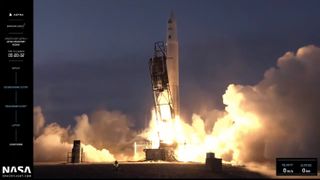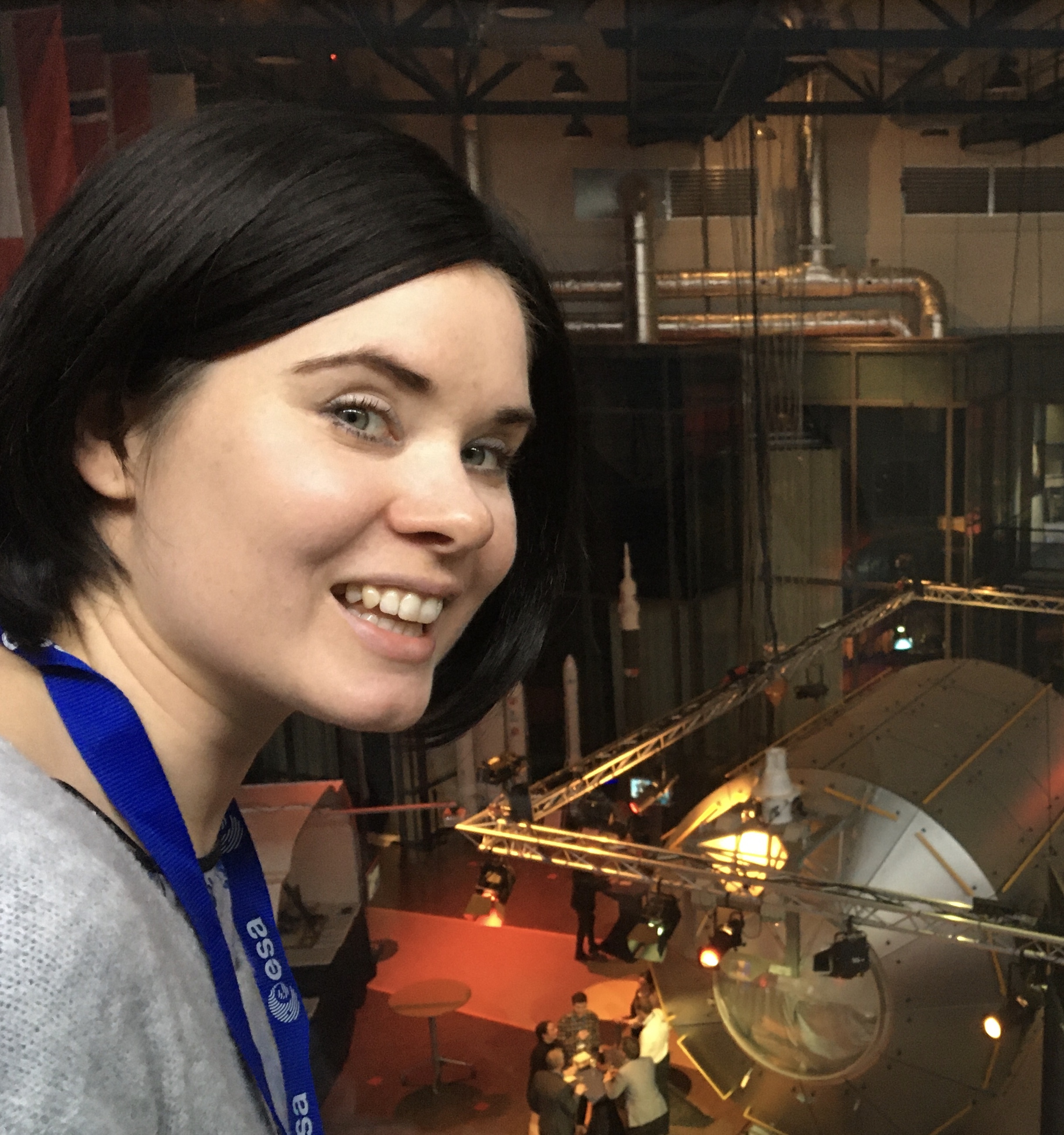Rocket startup Astra announces plans for UK launches, starting in 2023
Astra has joined the burgeoning UK space race.

The U.K. space race is picking up momentum with several spaceports and rocket companies promising to start launching soon. California-based Astra Space, which launched its first successful commercial mission in March this year, has now joined the fray, signing an agreement with a spaceport on the Shetland Islands.
Astra, which gives small satellites dedicated rides to orbit, has already launched from Kodiak Island in Alaska and from Cape Canaveral, Florida. Adding a location in Scotland will help the company offer a wider range of orbital inclinations to their clients, the firm said in a statement.
Astra said it will launch as early as 2023 from the SaxaVord spaceport in the Shetland Islands, off the northern coast of Scotland. Construction of this spaceport has only recently begun, but other companies, including Lockheed Martin, are also committed to launching from this location.
Related: The UK really wants commercial spaceports. Will they see rockets fly in 2022?
"The additional inclinations, flexibility and launch capacity that this partnership enables will allow us to meet the needs of Astra’s customers and align directly with SaxaVord UK Spaceport’s economic investment and environmental goals," Matt Ganser, vice president of business operations at Astra, said in the statement.
A rival spaceport, Space Hub Sutherland, is being built on the northern coast of Scotland about 185 miles (30 kilometers) south of the Shetlands, with the goal of hosting a launch of a domestically built rocket called Prime by early 2023.
Saxavord and Space Hub Sutherland will both provide infrastructure for vertical launches of conventional rockets. In addition to that, Spaceport Cornwall, a converted airport on the southwestern coast of England, will enable horizontal launches from aircraft. Cornwall expects to see the first launch of Virgin Orbit this summer, in what will become the first orbital launch from U.K. soil.
Get the Space.com Newsletter
Breaking space news, the latest updates on rocket launches, skywatching events and more!
"The agreement between SaxaVord Spaceport and Astra is great news for Shetland and represents another step towards our shared ambition of bringing vertical launch satellite capability to Scotland," said Ivan McKee, Scottish Minister for Business, Trade, Tourism and Enterprise.
All of the U.K. launch sites target small satellite operators who are looking for more flexible solutions than those offered by big launch providers such as SpaceX or the European rocket company Arianespace. Small satellites usually launch as secondary payload on big rockets, and their owners generally have to adjust to the needs of the main customer.
"This new partnership between Astra and SaxaVord UK Spaceport is another great example of the strong interest from the international space community in operating from UK spaceports," Matt Archer, director of commercial space at the UK Space Agency, said in the statement.
"By attracting global partners and developing a home-grown launch industry, we can cater for the diverse needs of small satellite manufacturers and operators, while benefiting people and businesses across the UK," Archer added. "It is fantastic to welcome Astra into the UK’s thriving launch community."
Follow Tereza Pultarova on Twitter @TerezaPultarova. Follow us on Twitter @Spacedotcom and on Facebook.
Join our Space Forums to keep talking space on the latest missions, night sky and more! And if you have a news tip, correction or comment, let us know at: community@space.com.

Tereza is a London-based science and technology journalist, aspiring fiction writer and amateur gymnast. Originally from Prague, the Czech Republic, she spent the first seven years of her career working as a reporter, script-writer and presenter for various TV programmes of the Czech Public Service Television. She later took a career break to pursue further education and added a Master's in Science from the International Space University, France, to her Bachelor's in Journalism and Master's in Cultural Anthropology from Prague's Charles University. She worked as a reporter at the Engineering and Technology magazine, freelanced for a range of publications including Live Science, Space.com, Professional Engineering, Via Satellite and Space News and served as a maternity cover science editor at the European Space Agency.
